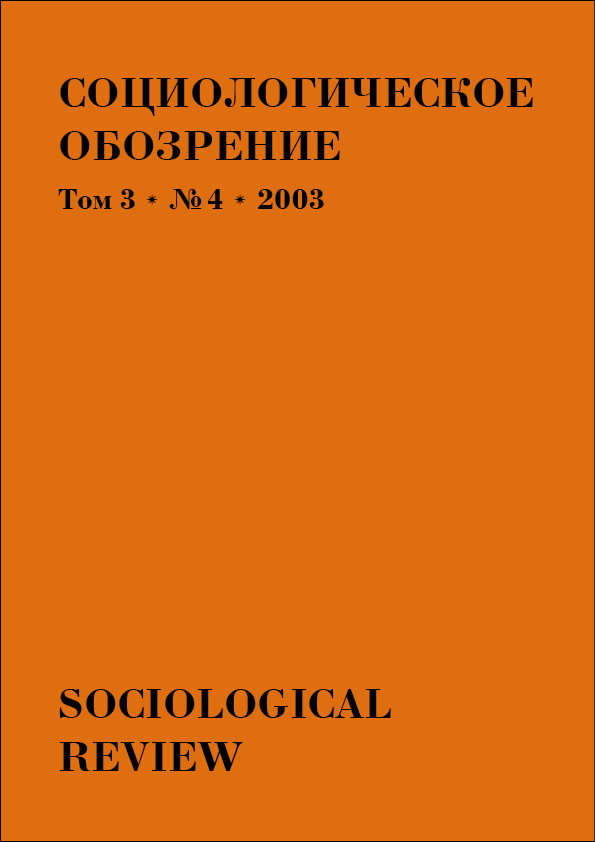Goffman’s dramaturgical theory: sructuralist interpretation
Abstract
This article deals with the paradox of Erving Goffman’s social dramaturgy interpretations. Works of “early” Goffman are often mistakenly considered as a part of symbolic interactionist theory; probably because H. Blumer (the father of symbolic interactionism) was an influential figure in Goffman’s student times at Chicago University. However Goffman himself rigorously denied any connections between social dramaturgical analysis and symbolic interactionism. This denial seems doubtful especially when we see strong correlation between Goffman’s and Blumer’s theories in their devotion to axiomatics of American pragmatism. In 1970s Goffman’s works were reinterpreted (both by allies and by critics) as “structuralist” ones (F. Jameson, J. Gonos, N. Denzin). Further reinterpretation provoked a long discussion about dualism of structure and interaction in dramaturgical analysis.
In this article author is trying to trace evolution of Goffman’s works as a transposition of analytical tools from interactionist to structuralist theoretical framework. The author also argues that this transposition became possible as a result of Goffman’s revision of William James philosophy.




